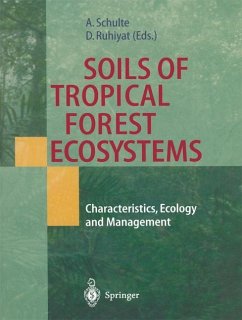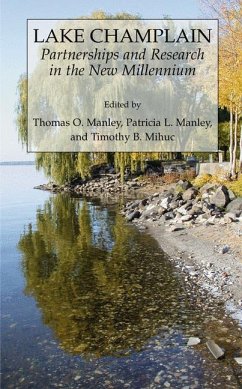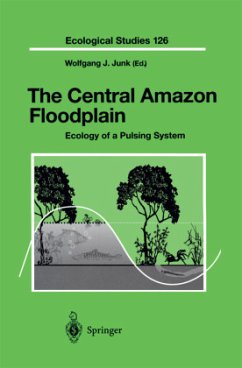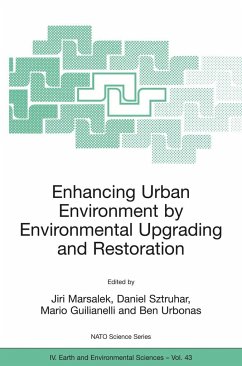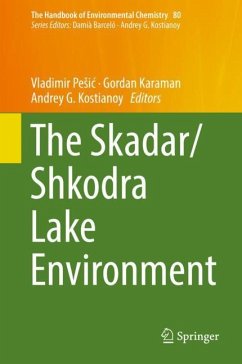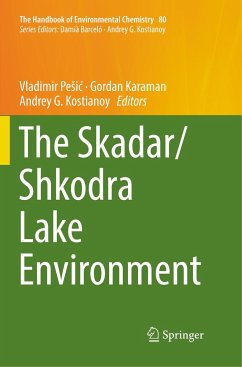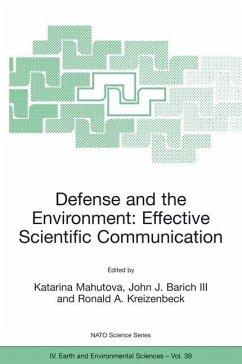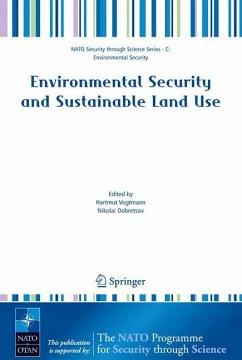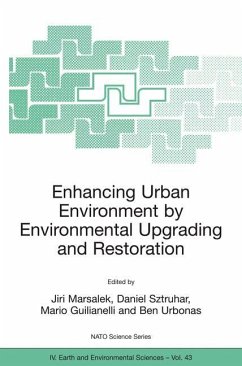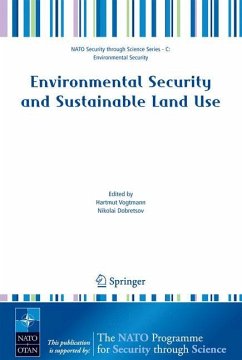
Sustainable Development of the Lake Baikal Region
A Model Territory for the World
Mitarbeit: Koptyug, Valentin A.; Uppenbrink, Martin
Versandkostenfrei!
Versandfertig in 1-2 Wochen
77,99 €
inkl. MwSt.

PAYBACK Punkte
39 °P sammeln!
Lake Baikal is the oldest, largest and deepest lake in the world. Its unique animal life and the beauty of the surrounding landscapes are renowned.
The book discusses the sustainable development of the lake and its use as a model for the rest of the world. It consolidates existing data on the current state of the environment and economy of the region, develops a system of indicators of sustainable developments, makes recommendations on additional components to the existing monitoring system and considers a legal framework and instrument for its implementation.
The book discusses the sustainable development of the lake and its use as a model for the rest of the world. It consolidates existing data on the current state of the environment and economy of the region, develops a system of indicators of sustainable developments, makes recommendations on additional components to the existing monitoring system and considers a legal framework and instrument for its implementation.





